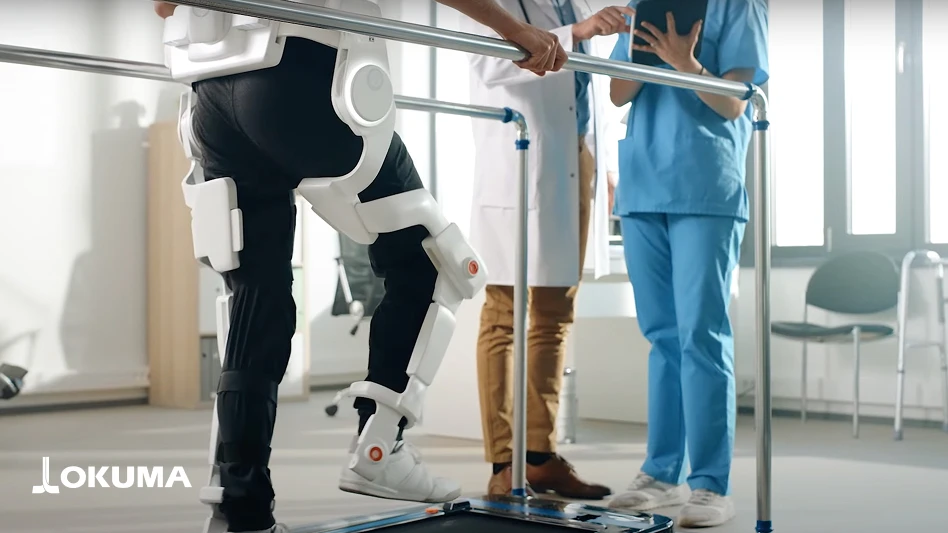
Scientists at ETH Zurich and Strait Access Technologies use 3D printing to produce custom-made artificial silicone heart valves.
Researchers at ETH Zurich and SAT have developed an 3D printed artificial heart valve made of silicone, offering several advantages over conventional heart valves. The silicone heart valve can be tailored more precisely to the patient – researchers determine individual shape, size of the leaky heart valve using computer tomography (CT) or magnetic resonance imaging (MRI) – making it possible to print a heart valve that perfectly fits the patient’s heart chamber.
Additionally, conventional replacement valves have a very rigid geometric shape, making it challenging for surgeons to ensure a tight seal between the new valves and the cardiac tissue. Silicone heart valves avoid this problem, requiring approximately 1-1/2 hours to 3D print compared to several working days to make an artificial heart valve by hand from bovine material. Production with 3D printers could also be accelerated with a line of printers able to produce dozens to hundreds of valves each day.
Photo courtesy of Fergal Coulter / ETH Zurich
Latest from Today's Medical Developments
- Meet digits: The future of adaptive haptic interfaces
- Maximize space and accuracy with OES's latest vertical stage
- Forkardt Hardinge strengthens market position with ATS Systems acquisition
- July is for learning – so drop in for this month’s second Manufacturing Lunch + Learn
- MMT expands capabilities with acquisition of Comco
- Essential strategies to protect your data
- TT Electronics achieves ISO 13485 medical certification at Mexicali EMS facility
- Boost productivity with Nidec's innovative MGC300









